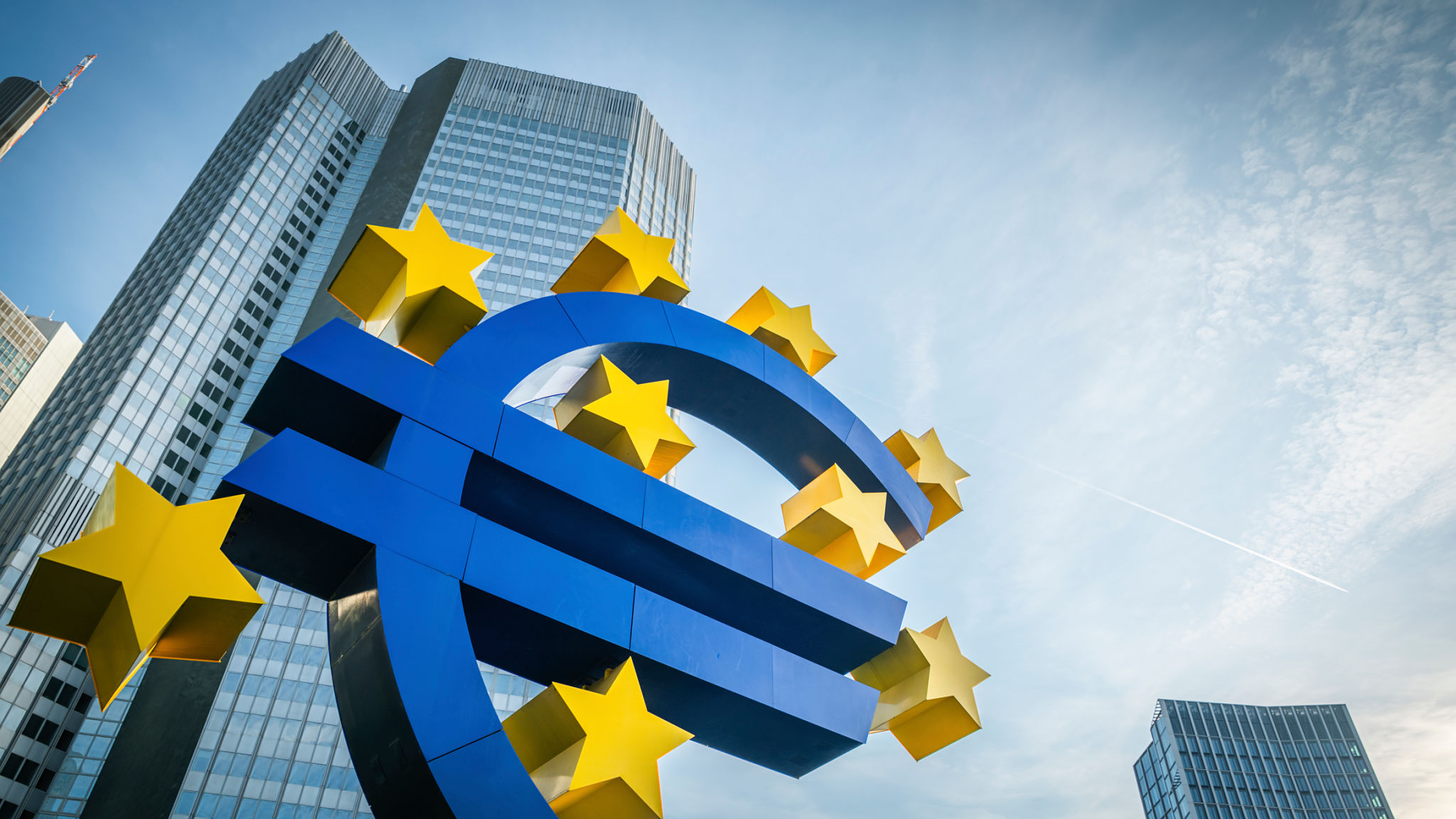Breaking into the European Market: Opportunities for Sales Agents
UR
Understanding the European Market
Breaking into the European market presents a wealth of opportunities for sales agents. Europe's diverse landscape offers access to a wide array of industries, consumer preferences, and economic conditions. With its 44 countries, the market is both vast and varied, making it vital for sales agents to understand regional differences and tailor their strategies accordingly.

Sales agents must familiarize themselves with the European Union's regulations and trade agreements, which can greatly influence market entry strategies. The EU's single market allows for the free movement of goods, services, people, and capital, facilitating easier access to multiple countries once established in one. Recognizing these frameworks can be the key to successful market penetration.
Opportunities Across Industries
Europe is home to numerous thriving industries, from technology and automotive to fashion and food. Sales agents targeting the tech industry can focus on innovation hubs in countries like Germany, France, and the Netherlands. Meanwhile, Italy and France are renowned for their influence in fashion and luxury goods. Understanding which industries are booming in specific regions can help sales agents position themselves effectively.
The green energy sector is another burgeoning opportunity in Europe. With an increasing emphasis on sustainability and renewable energy across the continent, sales agents can explore opportunities in this rapidly growing field. Countries like Denmark and Sweden are leading the charge in renewable energy adoption.

Effective Strategies for Market Entry
To successfully enter the European market, sales agents should consider forming strategic partnerships with local businesses. This can provide valuable insights into consumer behavior and market trends. Additionally, leveraging local expertise can help navigate cultural nuances that may impact sales and marketing efforts.
Another effective strategy is to invest in localization. This means adapting marketing materials, product offerings, and customer service to meet the cultural and linguistic needs of each target market. Localization not only enhances customer experience but also builds brand credibility and trust.
Navigating Cultural Differences
Europe's cultural diversity requires a nuanced approach to sales. Understanding cultural differences can be pivotal in building strong relationships with clients and partners. For instance, while business meetings in Germany might be formal and punctual, southern European countries like Spain and Italy may have a more relaxed approach.

Sales agents should also be aware of language barriers. While English is commonly spoken in many European countries, speaking the local language can significantly enhance communication and foster trust. Investing in language training or hiring multilingual staff can be a worthwhile investment.
Leveraging Digital Tools
In today's digital age, leveraging online tools is crucial for reaching European consumers effectively. Social media platforms such as Instagram, Facebook, and LinkedIn are popular across Europe and offer powerful channels for engagement and promotion.
E-commerce is another rapidly expanding sector, with online shopping becoming increasingly prevalent. Sales agents should consider developing a strong online presence to capture this growing market segment. Utilizing data analytics can also provide valuable insights into consumer behavior and preferences.
In conclusion, breaking into the European market offers a myriad of opportunities for sales agents willing to navigate its complexities. By understanding regional differences, adapting strategies accordingly, and leveraging digital tools, sales agents can unlock the immense potential the continent holds.